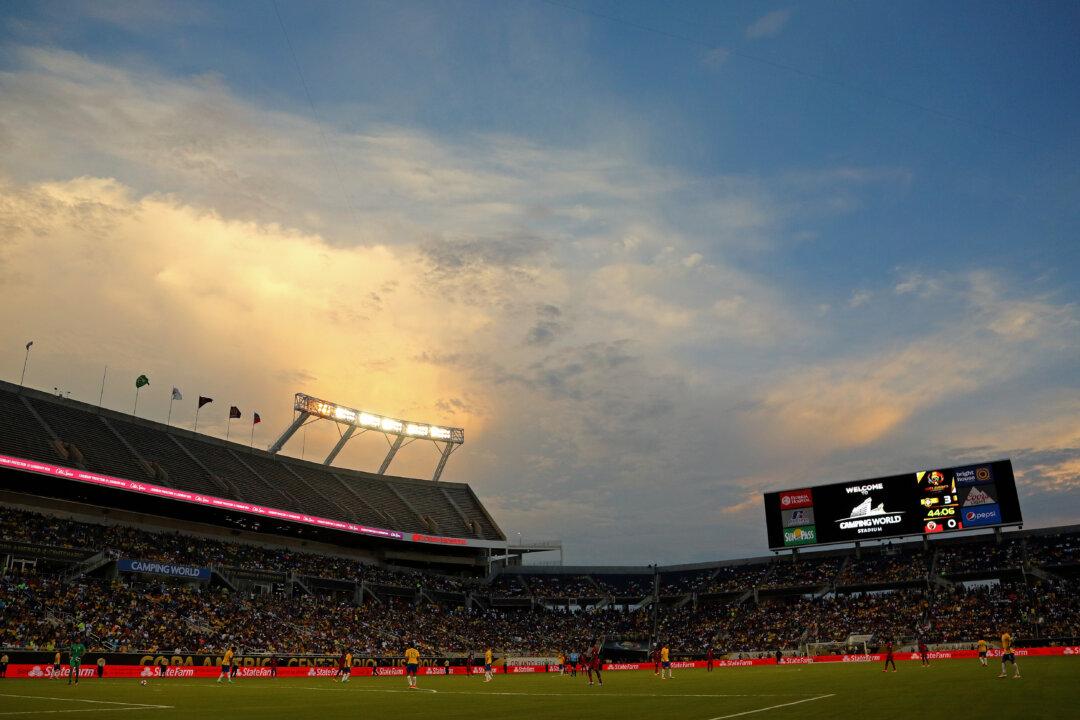The Wall Street Journal and NBC News are among sources that offer quantitative data that support the growing popularity of soccer in the United States. The Wall Street Journal also notes how this trend parallels the growth of residents in the United States from other countries, where soccer is king of spectator sports.
Contrary to this reported trend, however, this year’s Copa América soccer tournament has underwhelmed in attendance at U.S. venues and TV ratings, reports The Big Lead, a digital publication of USA Today Sports.
This inspires a debate as to why soccer may lack the impetus to gain ground in the United States. In my view, soccer’s hurdle has to do with a rift of culture and language with a tincture of chauvinism for it to integrate into the American Way.
First, not an excuse or an apology—certainly not a boast—there is a tradition of indiffernece in the United States to learning foreign languages or experiencing international travel. U.S. State Department data reveal that over half of American citizens do not hold a passport. Customarily, by the 3rd genertion, language fluency and cultural connection are a thing of the past. That’s “assimilation,” which might also portend that soccer blend in and not be a fruit salad.
An argument can be made that, aside from automobiles and foreign-made goods, the United States is resistent to “foreign” preferences such as free education and health care to national pasttimes. A doctine like Laissez-faire (“leave us alone”) might be said to be engrained in our national psyche.
International bodies like the United Nations, polls say, are viewed unfavorably by many Americans. UNESCO may do good deeds for nations in need, but the United States has its own do-good body, the Peace Corps. Decisions by the World Court in The Hague may hold sway elsewhere but not here, not with our own Supreme Court to interpret the only laws that supposedly matter.
The language of soccer may include English but not necessarily American English. It’s football, or futbol, elsewhere in the world but in the United States. In American English, the people who play the sport are players, not footballers.
Soccer sounds like a foreign language with a term like “a friendly.” But “exhibition” or “preseason” is spoken here.
And “match?” Isn’t that to coordinate a wardrobe or to find a date? (Okay, “match” is the word for “game” in tennis. But even so, there’s confusion about a sport where love means nothing.)
A game by any other name is still a game.






